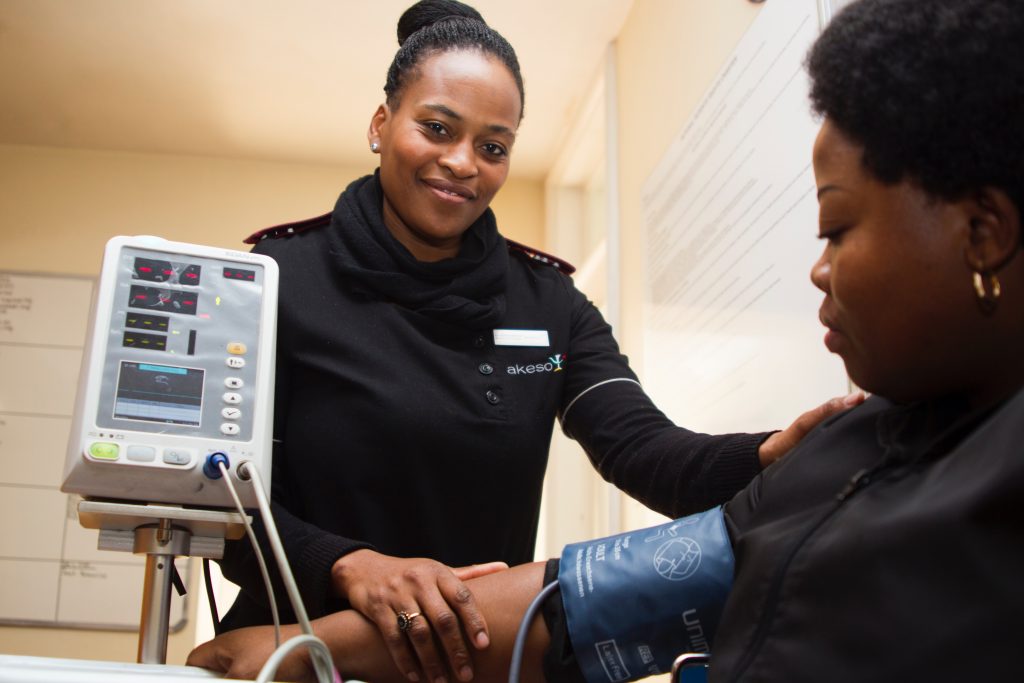Why participate in a
clinical research trial?
The goal of clinical trials is to determine if certain treatments, prevention methods, and behavior approaches are safe and effective. People take part in clinical trials for many reasons. Healthy volunteers say they take part to help others and to contribute to moving science forward. People with an illness or disease also take part to help others, but also to possibly receive the newest treatment and to have added (or extra) care and attention from the clinical trial staff. Clinical trials offer hope for many people and a chance to help researchers find better treatments for others in the future.1
1https://www.nih.gov/health-information/nih-clinical-research-trials-you/basics
Where to find a clinical trial?
My Research at Vanderbilt
My Research at Vanderbilt is a tool that lets you indicate your interest in being contacted by study teams about relevant research studies being done here at Vanderbilt.
Trials Today
Trials Today is an online tool that helps you find studies that are of interest to you and your health condition. Trials Today is a quick and easy way to search the thousands of studies in ClinicalTrials.gov that are recruiting participants.
ResearchMatch
ResearchMatch.org is an easy to use, online tool that helps match people who would like to participate in research with researchers throughout the United States. Anyone living in the United States can join ResearchMatch regardless of age, ethnicity, or health conditions.
What is clinical research?
Clinical trials are part of clinical research and at the heart of all medical advances. Clinical trials can study:
- New drugs or new combinations of drugs
- New ways of doing surgery
- New medical devices
New ways to use existing treatments - New ways to change behaviors to improve health
- New ways to improve the quality of life for people with acute or chronic illnesses.
Citations:
1https://www.nih.gov/health-information/nih-clinical-research-trials-you/basics
2https://www.cancer.gov/publications/dictionaries/cancer-terms/def/clinical-research

How do clinical trials work?
A researcher, usually a medical doctor, leads the clinical research trial with help from a study team. The team develops a guiding document that describes the study and who can take part. Clinical trials must be reviewed and overseen by an Institutional Review Board (IRB) to make sure the risks to volunteers are as low as possible, and their rights are protected.